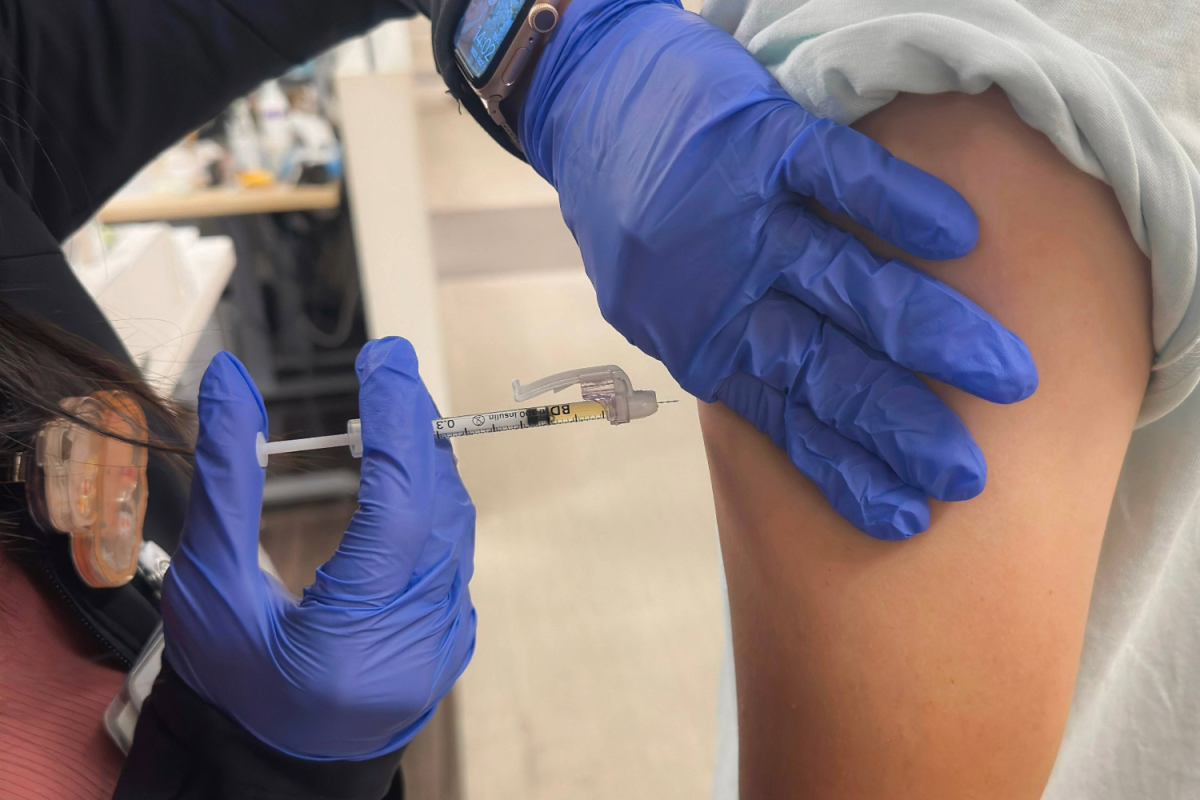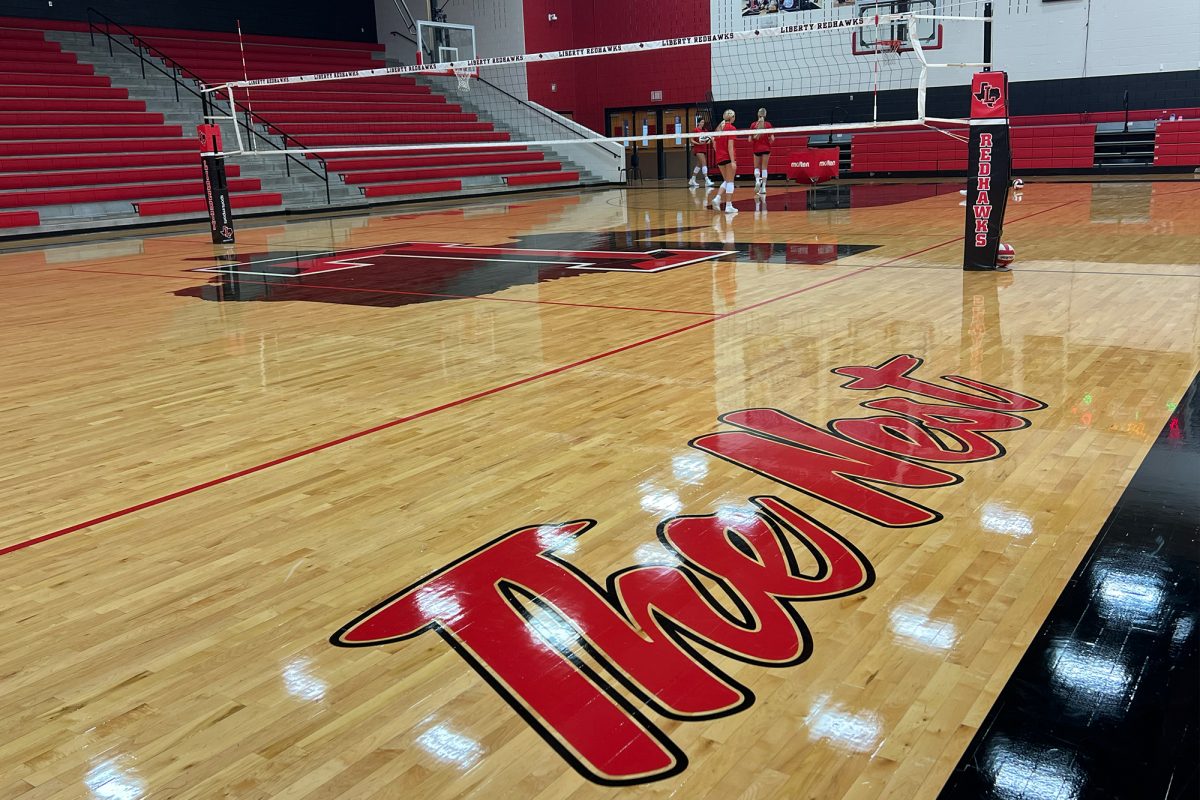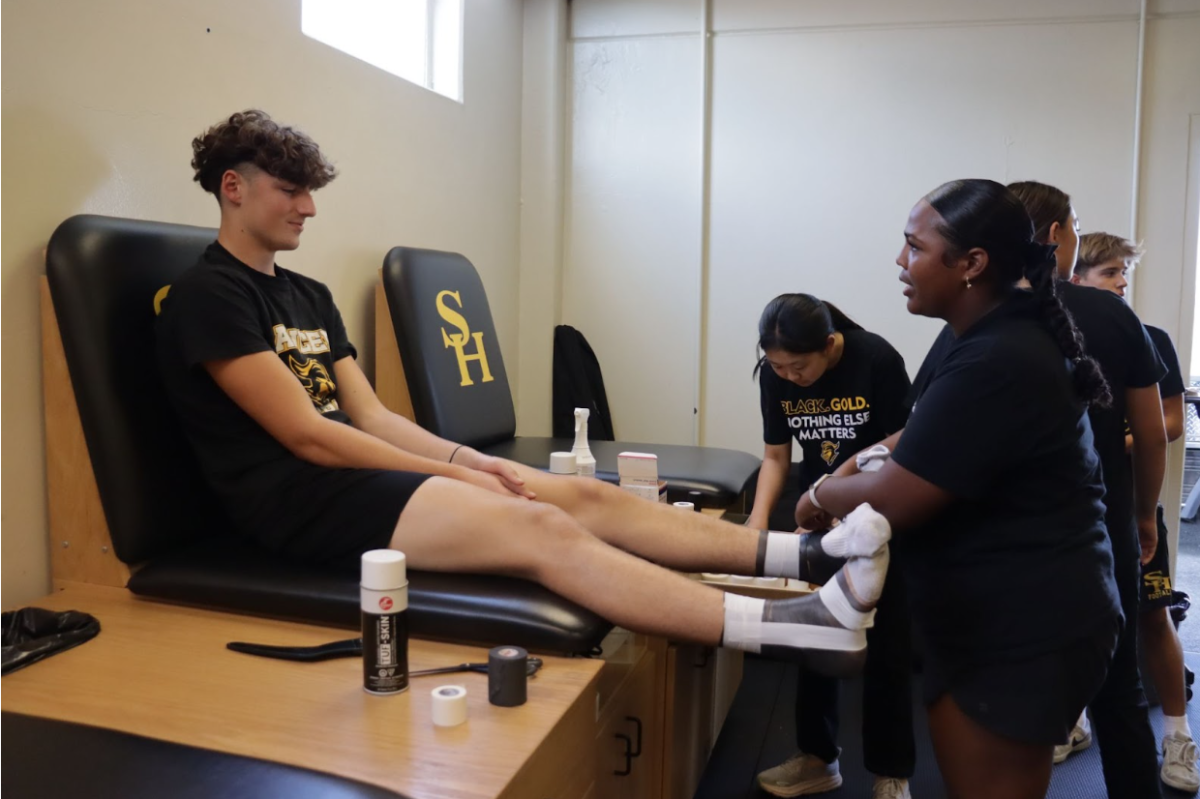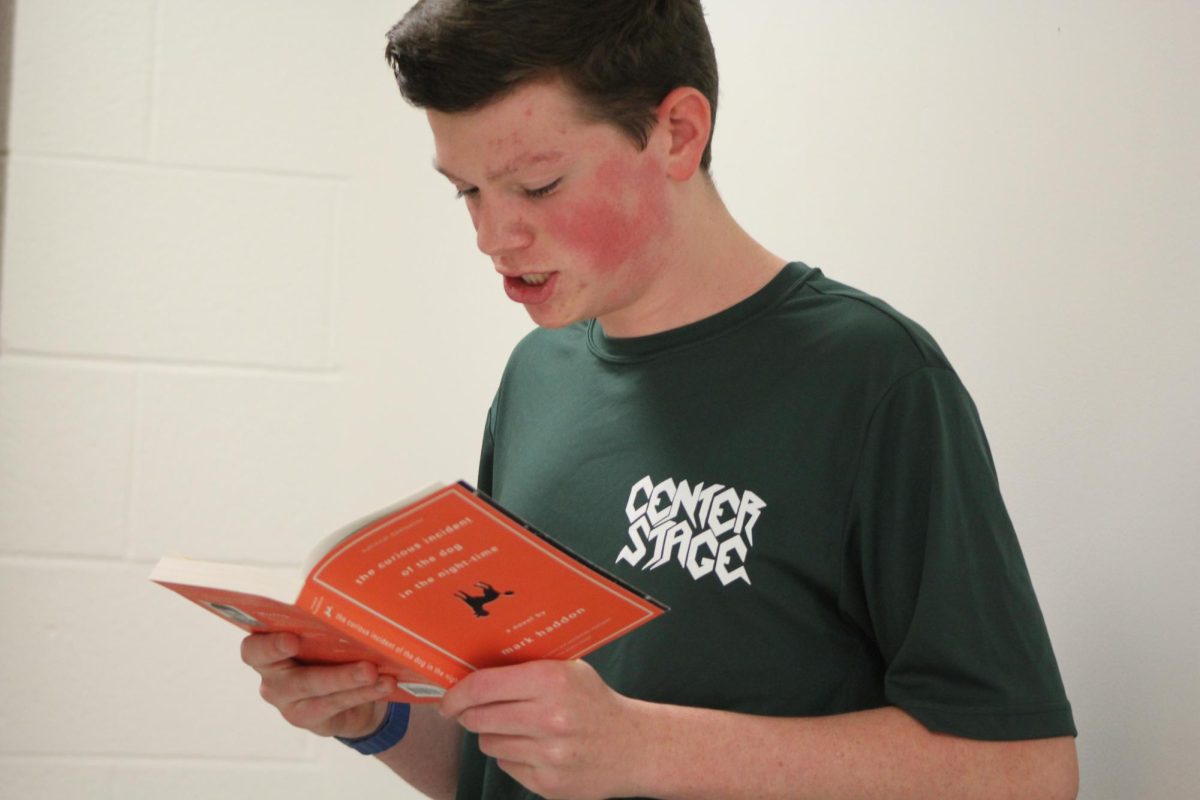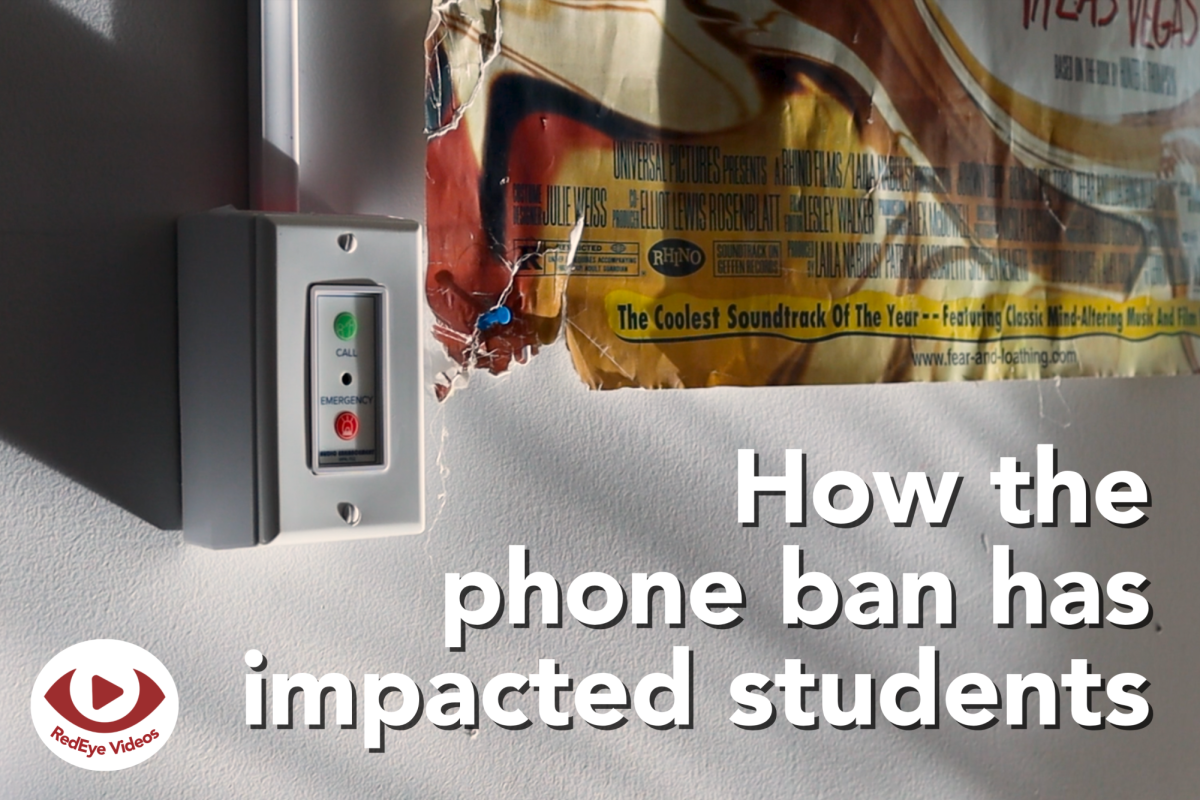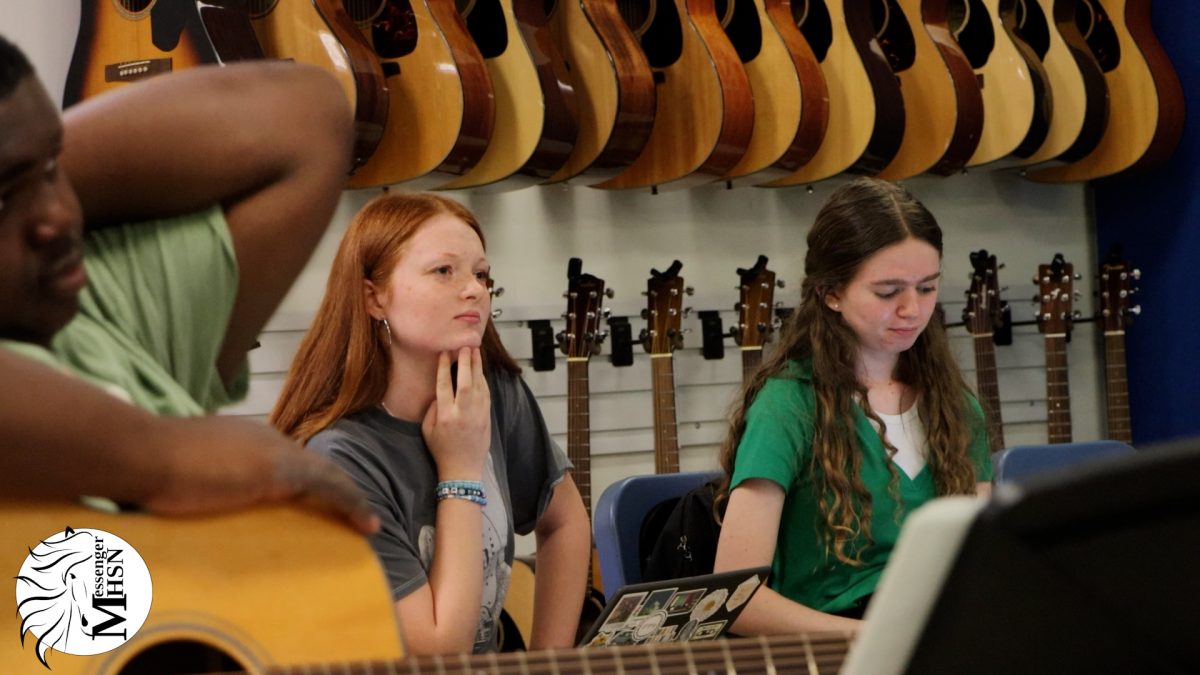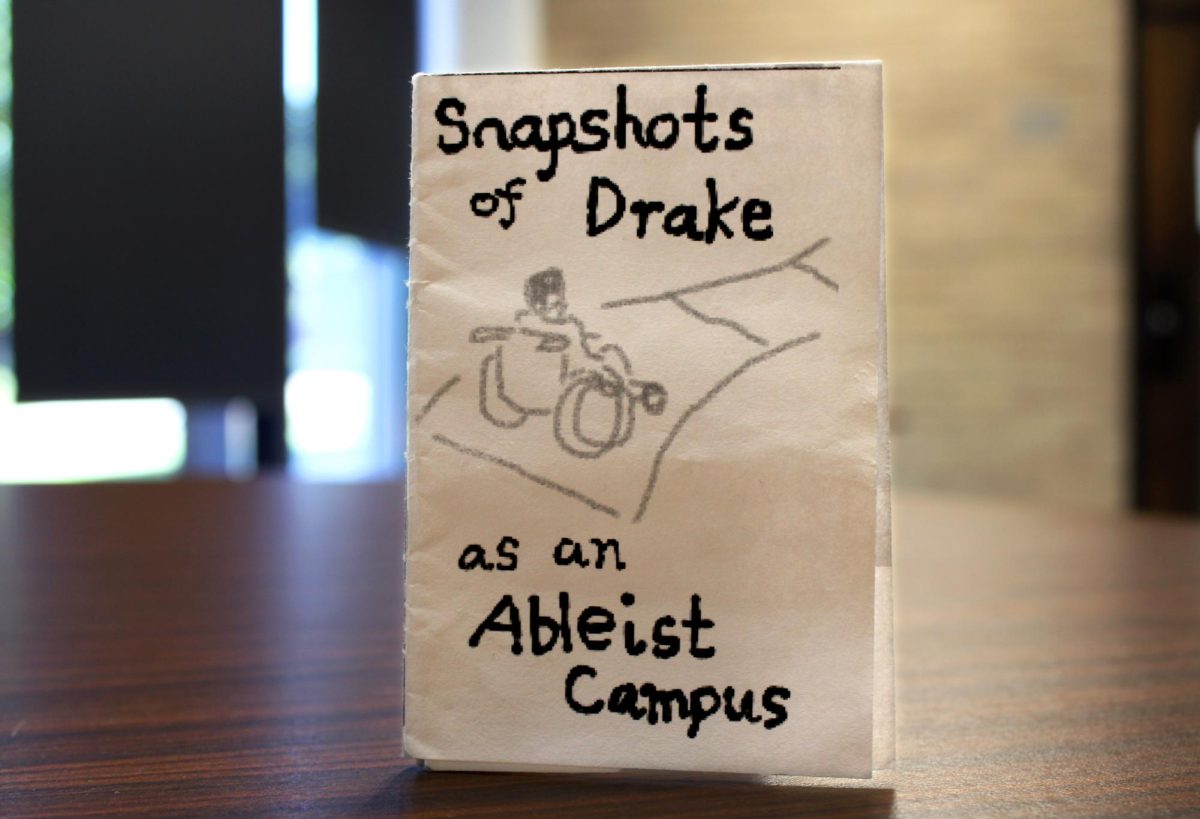The LGBTQ+ Policy Lab reported a total of $9.6 million lost in federal grants from the National Institutes of Health following recent changes in federal policy, effectively terminating three of the lab’s projects. These research projects were all previously funded by five-year federal grants that were intended to provide support until 2029.
Among the terminated federal grants, one project, “Social Networks, Aging and Policy Study” — led by Director of the LGBTQ+ Policy Lab Tara McKay — focuses on understanding the relationships and experiences of older-aged LGBTQ+ individuals in the U.S. South. A second project, led by Medicine, Health and Society professor and Associate Director of the lab Kirsty Clark, worked to develop measures and metrics for suicide prevention among LGBTQ+ adolescents, with a primary focus on ages 8 to 12.
The last project was in its early stages of development, and it planned to focus on the mental health of LGBTQ+ individuals in New Zealand before and after access to same-sex marriage. The third project was cut completely, while the other two are currently seeking other sources of funding.
According to McKay, the lab began in 2017 under a three-year federal grant and has been renewed for federal funding on two different five-year contracts — the current agreement would have provided funding until 2029. The goal of the lab is to provide an “intellectual space” for LGBTQ+ research and training in that research, and the lab has provided opportunities for its core faculty — primarily within the Department of Medicine, Health and Society — as well as for undergraduate, graduate and postdoctoral researchers.
Cameron Deal (B.A. ‘24), a former research assistant in the lab, expressed gratitude for the work he was able to do through the LGBTQ+ Policy Lab and the faculty who helped him.
“The LGBTQ+ Policy Lab was an invaluable space for me to grow as a scholar, and I deeply appreciate the mentorship and training I received there. The lab shaped me into the researcher I am today,” Deal said. “Their work is rigorous and important for solving pressing social issues, including disparities in health and economic outcomes, and deserves funding and support.”
Terminated projects
McKay specified that the funding of the terminated projects was used to support the research itself as well as to pay the postdoctoral researchers who worked in the lab, particularly in Clark’s lab.
“Everyone’s hopeful that the university will step up and provide support for some of these continuing data collections or research pieces that we’re losing,” McKay said. “It will not be at the scale that is lost, and a lot of what is also lost is training opportunities.”
In a letter sent to Associate Director for Proposals & Awards Michelle Wachter on Feb. 28, Jeni Militano — branch chief for the Division of Neuroscience in the NIA and NIH — described the termination of the grant for McKay’s project, saying the “award no longer effectuates agency priorities.” The letter acknowledged that the NIH typically suspends grants first to allow for “corrective action” before an award is fully terminated, but Militano said no such action was possible in the case of McKay’s project as it did not align with agency priorities.
“[The] NIH is obligated to carefully steward grant awards to ensure taxpayer dollars are used in ways that benefit the American people and improve their quality of life,” the letter reads. “Your project does not satisfy these criteria.”
The letter also called attention to the inclusion of transgender individuals in McKay’s study.
“Transgender issues: research programs based on gender identity are often unscientific, have little identifiable return on investment and do nothing to enhance the health of many Americans,” the letter reads. “Many such studies ignore, rather than seriously examine, biological realities. It is the policy of NIH not to prioritize these research programs.”
McKay explained that the LGBTQ+ lab will continue to perform research on its smaller, internally-funded projects, but she expressed worry for the outcome these funding cuts may have considering the potential benefits she believes these terminated projects could have had on the LGBTQ+ community.
“Across the field of LGBTQ+ health — [which has] been really substantially targeted by these terminations, there have been a lot of concerns with the very rapid withdrawal of resources and patient care that’s happening in certain settings,” McKay said.
McKay also said that she is concerned about the fact that the termination of this funding for the lab will result in a decrease in research opportunities for students within the space of LGBTQ+ health.
“We’ll lose folks that I think would otherwise have worked in this space who just don’t see it as a viable option or see it as way too politically unstable or too risky for their career,” McKay said.
In a March 22 LinkedIn post, Clark discussed the $2.5 million grant that had been cut from her own project, citing the reasoning she received in the termination letter as wording echoed in the letter received by McKay. Clark declined The Hustler’s request for comment about the grant for her project. According to McKay, the postdoctoral researchers involved in Clark’s project are at risk of losing their positions by July 1.
“There are no words to describe the devastation I feel. I have worked my entire career on research to understand and prevent suicide in LGBTQ+ youth,” Clark’s LinkedIn post reads. “Whether or not you choose to believe it, sexual and gender minority children, teens and families exist. They deserve to be included in our research. Without data, we don’t know how to prevent harm. We can’t prevent deaths.”
NIH appeal process and university response
In the letter, Militano also described the NIH’s first-level grant appeal process in which a researcher could dispute the termination claim, although McKay said Vanderbilt informed faculty that they cannot file appeals to the NIH.
“Vanderbilt has decided not to appeal. All of the [Principal Investigators] want to appeal, and none of them have support from the institution,” McKay said. “I’ve made it very clear to [the Office of the Provost] that I think there are a lot of very good reasons to appeal — and I had worked with them to start an appeal, and ultimately, the decision was made and taken away from me that they would not be appealing.”
A representative from the university provided a statement to The Hustler on behalf of the Office of the Provost, expressing support for federally funded research. The statement also cited the recent launch of the Discovery Bridge Funding Program, which provides short-term financial assistance — typically for three to six months — to some faculty researchers who “face unexpected funding disruptions.” According to McKay, both she and Clark have applied for funding through this program.
“Having led a federally funded research lab for over 20 years, the Provost cares deeply about supporting faculty to do their best work,” the statement reads. “The Office of the Provost is fiercely focused on providing transitional funding, administrative resources and guidance so faculty may continue pursuing their best work, whether it is in the sciences, engineering, the humanities or the arts.”
The Office of the Provost also shared its view on the appeal process.
“We have taken care to strategically address the specific needs and requirements of each grant or award facing termination as each case is unique, and appeal is not always possible,” the statement reads. “In cases where an appeal may be possible, we work with the faculty member to navigate a complex set of decisions and options. We also continue to support faculty to identify additional opportunities for federal, foundation or private research funding.”
According to the statement, Provost C. Cybele Raver encouraged faculty facing challenges due to federal funding cuts to reach out to her office as well as to their home college’s associate dean for research.
In an email to The Hustler on May 2, McKay provided an update on the funding of these projects, saying her own project was denied bridge funding by the College of Arts and Science, which is required to be eligible for funding from the Office of the Provost. She also said Clark has opened a bridge funding application, and the lab is currently working to cover staff salaries using other sources.
“In addition, in April, A&S cancelled a tenure track search focused on hiring a junior scholar specializing in LGBTQ+ health,” McKay said. “Unfortunately, these actions seem to suggest a pattern by the current Dean’s Office of disengagement of LGBTQ+ scholarship on campus.”
This story was originally published on The Vanderbilt Hustler on May 5, 2025.



